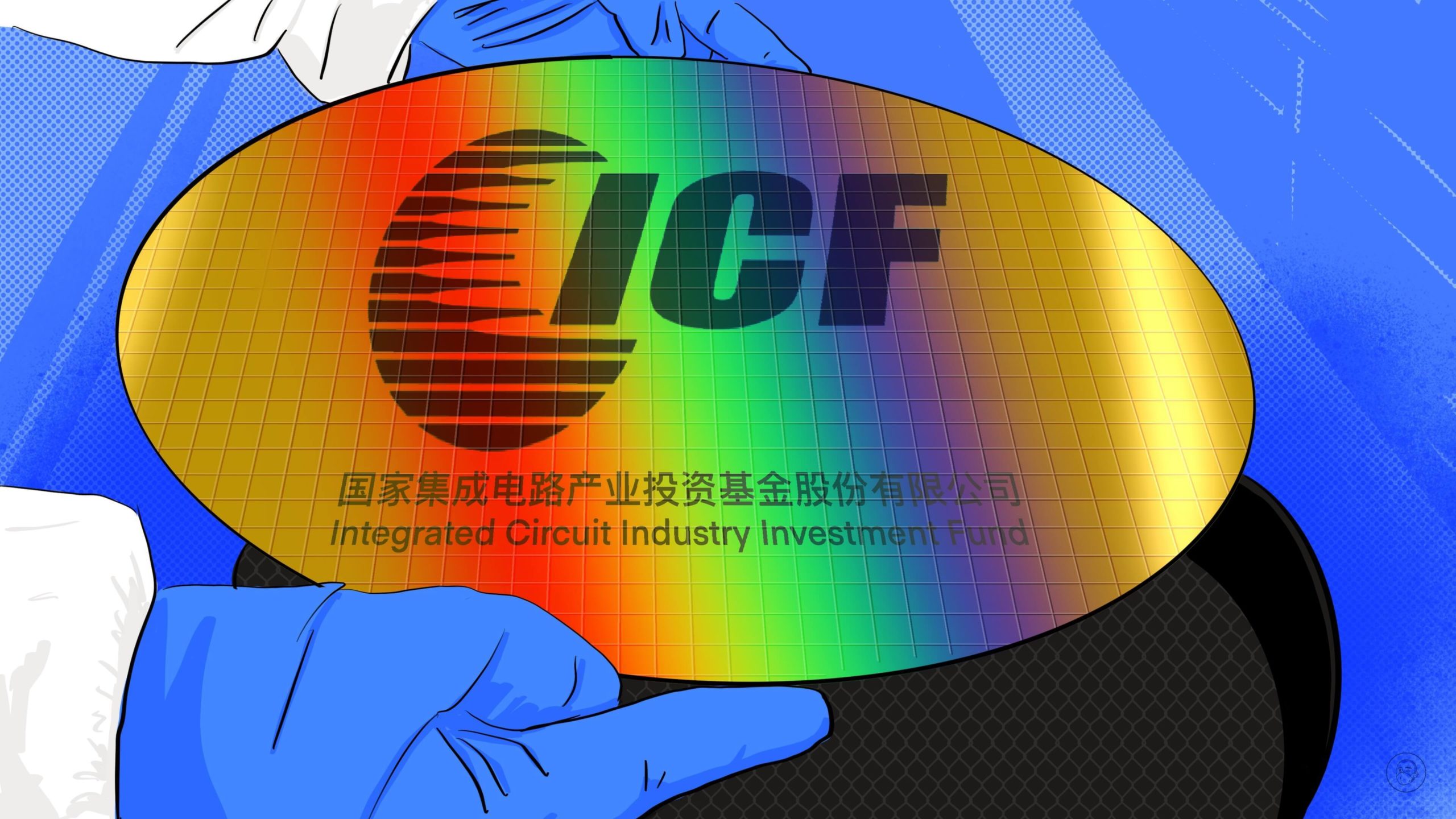After a year of corruption scandals, China’s national chip fund forges ahead
2022 was a tough year for the ‘Big Fund’ that was set up to make China’s semiconductor industry self-reliant, but it rounded out the year with an investment in a silicon wafer manufacturer, and is set to ramp up big time in 2023.

China’s National Integrated Circuit Industry Investment Fund last week invested an unspecified amount in Heyan Technology 和研科技, a Shenyang-based manufacturer of semiconductor equipment.
The fund, also known as the “Big Fund” (大基金), was set up in 2014 with the aim of supercharging the country’s domestic semiconductor industry and reducing dependence on foreign suppliers.
The importance of the Big Fund and China’s broader efforts at self-reliance when it comes to chips have been thrown into sharp relief in recent months as the U.S. imposed sweeping export controls on firms selling components or equipment to Chinese firms.
The Big Fund’s latest round of financing took place last Wednesday, giving it a 5.7% stake in Heyan, which specializes in the production of high-precision equipment that manufacturers of chips use to cut silicon wafers. Heyan also announced it had finalized plans to invest 315 million yuan ($45.7 million) to build a new factory for semiconductor manufacturing equipment in Shenyang.
The new investment is in line with the stated goals of the Big Fund since it entered its second phase in 2019. Speaking at a summit in 2021, former head of the national fund Dīng Wénwǔ 丁文武 stated that one goal of the fund’s second phase would be to make investments in companies that produce semiconductor manufacturing equipment in order to bolster domestic chip supply chains.
Heyan is just the latest of a number of semiconductor equipment makers that received funding from the national chip fund in 2022. The fund also invested in Weiteng Semiconductor 伟腾半导体, TETE Laser 泰德激光, Leiming Laser 镭明激光, and Cowin Laser 科韵激光, all of which manufacture machines that cut silicon wafers.
The Big Fund recovers from a year of corruption scandals
China’s national chip fund’s latest investments rounded out a 2022 marred by scandal as multiple former top executives of the fund were arrested on charges of corruption, including the aforementioned Ding Wenwu. In addition to Ding, Wáng Wénzhōng 王文忠, formerly a partner of the Big Fund based in Shenzhen, was also arrested. Former top executives at Sino IC Capital 华芯投资管理, which played a major role in managing the fund, have been implicated in corruption scandals and arrested. The corruption scandals appear to have influenced the fund’s investment activity in 2022 — from late March through August, the Big Fund made zero investments. The fund made a total of eight investments in 2022, down from 14 in 2021.
The Big Fund is part of a broader effort by the Chinese government to establish a domestic semiconductor supply chain that is less vulnerable to measures by the U.S. government to choke China off from key chip technologies, including semiconductor manufacturing equipment. Semiconductors are key components of most modern electronics, and will be crucial to future global military, economic, and other developments. However, China still has a long way to go before it can manufacture the advanced chips that will be necessary for such technologies.
Currently, the world’s top semiconductor manufacturing equipment firms include the Netherlands-based ASML and Japan-based Tokyo Electron. While these firms do business with Chinese companies, they have largely succumbed to U.S. pressure to refrain from exporting their most advanced equipment to China.
The takeaway: Watch this space
As the U.S. seeks to cut China off from the global semiconductor supply chain, Beijing will look to bolster domestic chip production, and the national chip fund is central to these efforts. The year 2022 was a very challenging one for the fund, but 2023 could see a big increase in its investments in Chinese microchip manufacturing companies.






